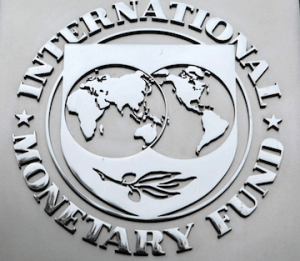Sub-Sahara Africa economy to continue to be one of fastest growing in the world – IMF
 The economy of sub-Sahara Africa will continue to be one of the fastest growing in the world, second only to emerging and developing Asia, the IMF says.
The economy of sub-Sahara Africa will continue to be one of the fastest growing in the world, second only to emerging and developing Asia, the IMF says.
In its 2015 IMF Regional Economic Outlook: Sub-Saharan Africa, the Bretton Woods Institution says, “Sub-Saharan Africa’s economy is set to register another year of solid economic performance with growth expected to expand 4½ percent in 2015. The region will continue being one of the fastest growing in the world—second only to emerging and developing Asia.”
“That said, the economic expansion will be at the lower end of the range experienced in recent years, mainly reflecting the impact of the sharp decline of oil and commodity prices over the last six months. But the impact of this shock will be highly differentiated across the region,” the IMF adds.
According to the IMF among other factors, sub-Saharan Africa’s eight oil exporters have been hard hit by the price decline, and their average growth in 2015 is expected to be about 1¼ percentage points lower than in2014 in response to this shock.
“However, for most of the rest of the region, growth prospects remain favorable. These countries are enjoying the benefits of lower oil import bills, although some are also feeling the impact of lower prices for their non-oil commodity exports. Growth is projected to be particularly strong in most low-income and more fragile countries, and this will help to reduce poverty levels,” it says.
On the countries hard hit by the Ebola disease, the IMF notes, “in Guinea, Liberia and Sierra Leone, the Ebola outbreak is beginning to be controlled, with a sharp decline in the incidence of new infections. However, 2015 will be another difficult year, with economic activity expected to be significantly depressed. The IMF has provided $390 million of assistance to help these countries, including $100 million of grants for debt relief—the first instance of such assistance by a development partner.”
The IMF believes that while the baseline scenario is for solid growth, policy makers need to remain mindful of risks that could still cloud the outlook.
“In particular, global financial conditions are tightening just as the region’s frontier markets are increasingly relying on Eurobonds to finance their large investment needs. The deteriorating security situation in some areas could also strain budgets and have an adverse impact on the near-term growth outlook, especially in the agricultural sector, while weakening prospects for foreign direct investment,” it says.
By Emmanuel K. Dogbevi
